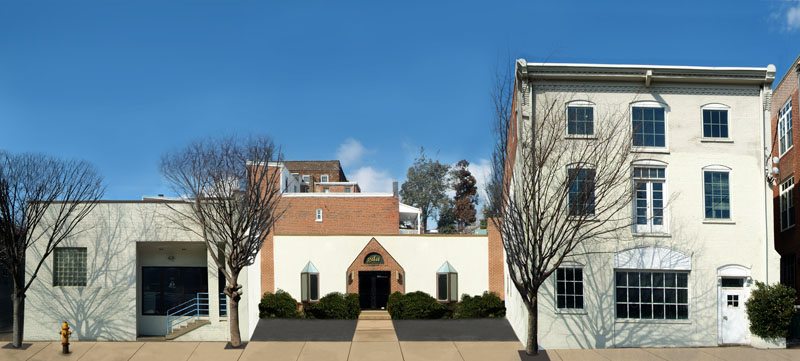Beth Lawrence and Deena Seifert are teaching students language without the words.
Under the banner of Communication APPtitude, the speech language pathologists released a series of apps that provide students with context clues for words. Using visuals and audio, the idea is to help students who need help learning language use logic and reasoning to identify the words, instead of memorizing definitions, said Lawrence.
Along with adding distribution with Brooks Publishing Company, signing on schools in Howard County and Boys Latin for its beta testing and bringing on a CFO, the TU Incubator member company has received recognition in several forms over the last several months. They include:
- A $100,000 investment from TEDCO’s Technology Commercialization Fund
- Winning the Towson University Business Plan Competition’s professional category
- A $10,000 Chance Light Award after pitching at the Milken-Penn GSE Education Business Plan Competition in Philadelphia
https://twitter.com/GSE_innovates/status/735149139802132480
The seeds of the company lie in methods Lawrence developed, where she showed students a series of five or six images to provide context. The move to bring that idea to an iPad app got legs when Lawrence and Seifert ran into each other at a workshop on using apps in speech and language. They specifically wanted to address the lack of resources for older students.
Their first system, called Infercabulary, has content that’s appropriate for elementary, middle and high schoolers. A second app, called WordQuations, focuses specifically on teaching verb synonyms. A third series, called SemanticReasoning, is in development and expected to be released in the fall, Lawrence said.
Using the apps, they can also tie word lessons to specific school materials. For instance, Lawrence said, they recently uploaded 1,000 word lessons that are directly tied to novels taught in school. Before even getting to plot and themes, students have to understand the words to get what they are reading.
“Unless students know 95 percent of words contained in literature, they don’t comprehend it,” Lawrence said.
While the startup fits into the Baltimore tech community’s existing strength in edtech, Lawrence said she didn’t know about it until her company started developing apps and she started networking.
But after meeting community members who became advisors, such as Towson University’s Frank Bonsal III, Lawrence said the conversation quickly went from, “I didn’t even know that edtech was a thing,” to, “How do we get this in the hands of as many teachers and kids as possible?”







